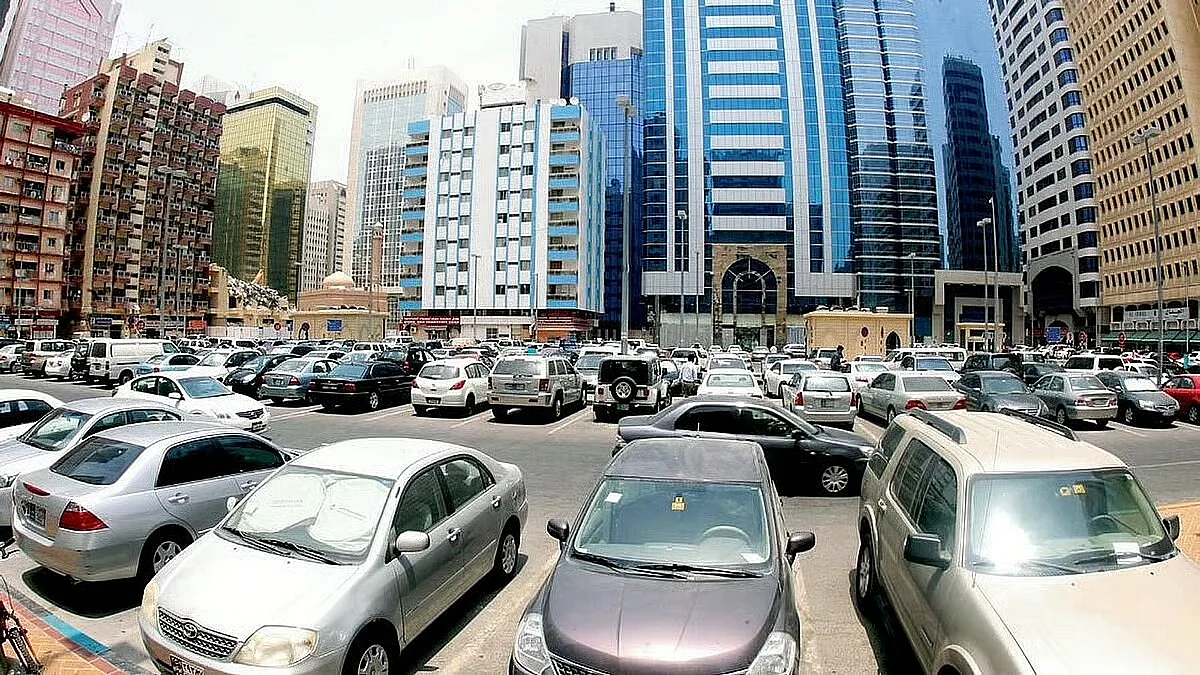
UAE: Paid Parking Rolled Out In Al Ain's Hai Al Musalla To Ease Traffic Congestion
Al Ain residents in Hai Al Musalla will now have to pay for public parking, after Abu Dhabi's Q Mobility activated a new paid parking zone on Monday in coordination with the Integrated Transport Centre (ITC).
The move marks the latest expansion of Al Ain's regulated parking network, which has gradually broadened over the past decade as neighbourhoods have grown denser and demand for spaces has surged. Paid parking first began rolling out in central Al Ain in the mid-2010s, with phased extensions to surrounding commercial districts and busy residential pockets as the city expanded.
Recommended For You IATF 2025 opens in Dubai, marking 20 years as the Gulf's leading fashion sourcing fair How Dubai played a role in Russian teenager's rise in tennisHai Al Musalla, a long-established residential community undergoing rapid redevelopment, has seen a sharp rise in both population density and service activity. According to Q Mobility, this has strained the availability of spaces and created irregular parking patterns that slowed traffic and affected access to homes and shops.
Stay up to date with the latest news. Follow KT on WhatsApp Channels.
Under the new system, 1,190 public parking bays have been brought under regulation, including dedicated spaces for People of Determination. The standard fee has been set at Dh2 per hour, effective November 17, 2025.
Officials said the paid system is intended to increase the turnover of spaces, reduce congestion from double-parking, and make it easier for residents and visitors to reach key community facilities. The plan is also aligned with broader efforts to streamline traffic movement across the emirate and improve neighbourhood safety by discouraging unorganised parking near junctions and pedestrian areas.
Q Mobility, which manages several of Abu Dhabi's smart mobility programmes, said the activation supports wider efforts to modernise transport systems using digital tools, including real-time parking monitoring and automated enforcement.
With Al Ain continuing to grow outward and upward - from the central business district to newer districts like Al Jimi, Al Towayya and Al Muwaiji - more communities are expected to transition to regulated parking as the city balances heritage neighbourhood layouts with rising vehicle ownership.
A spokesperson added that the measures ultimately aim to create a“more comfortable urban environment” for residents.

Legal Disclaimer:
MENAFN provides the
information “as is” without warranty of any kind. We do not accept
any responsibility or liability for the accuracy, content, images,
videos, licenses, completeness, legality, or reliability of the information
contained in this article. If you have any complaints or copyright
issues related to this article, kindly contact the provider above.


















Comments
No comment